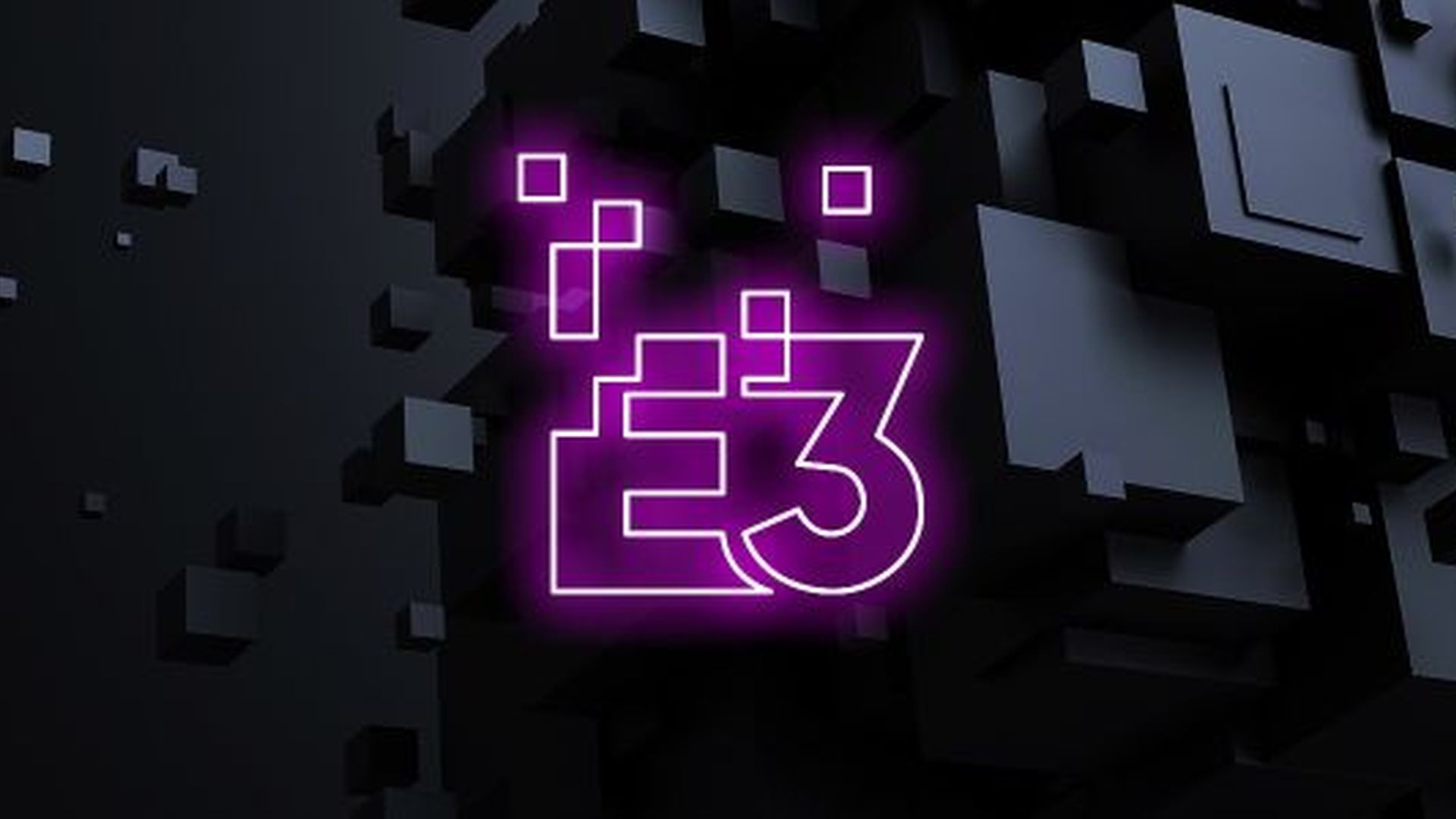Why is E3 2022 cancelled? A timeline of E3's recent woes
Here's why E3 2022 is cancelled, from Nintendo's 2013 departure to the ESA's recent statement

It's official: E3 2022 has been completely cancelled, with no physical or digital event taking place. But exactly why was E3 2022 cancelled? That's a complicated question with a lengthy answer.
"We previously announced that E3 would not be held in person in 2022 due to the ongoing health risks surrounding COVID-19. Today, we announce that there will also be no digital E3 showcase in 2022," the ESA said in a statement on March 31. "Instead, we will devote all our energy and resources to delivering a revitalized physical and digital E3 experience next summer. Whether enjoyed from the show floor or your favorite devices, the 2023 showcase will bring the community, media, and industry back together in an all-new format and interactive experience."
While the ESA says it's focusing on next year, in truth, E3 has been trending downwards for a number of years now. At the beginning of the last decade, E3 was the powerhouse for game reveals and announcements, very commonly referred to as something along the lines of "Christmas for games."
In the years following though, a series of events have culminated in E3's downfall. You can arguably trace E3's fall in relevance back to Nintendo, who was the first of the big three platform holders to stop holding public-facing keynote presentations way back in 2013. Ever since, Nintendo has held its own 'Nintendo Direct' shows throughout the year, giving the company the capacity to make announcements and reveal new games on its own timetable.
Sony followed suit in 2019 and, while Nintendo maintains some presence during the E3 season with its Treehouse: Live events and show-floor booths to give attendees hands-on access to its upcoming titles, PlayStation never returned in any significant capacity. Just like Nintendo in fact, Sony has also gone on to hold its own presentations, called the PlayStation State of Play.
Both Sony and Nintendo seem to have realized that they don't need E3 to announce whatever they want, and can instead operate on their own timetable throughout the year. It takes the pressure off developers, as those operating underneath both umbrella companies now no longer have to rush to get demos ready for E3 season in June, and the companies themselves don't have to pay for travel and accommodation in California each year. Not every major name has followed suit - Ubisoft and Microsoft have maintained a significant presence - but several other studios have established their own digital presence. In 2016, EA left the E3 showfloor behind in an attempt to allow more players the chance to "interact with the development teams [and] experience live events" via EA Play Live. Interestingly, EA ended up being the first big name to sever its link to this year's summer conference window, cancelling EA Play Live 2022 and saying that "this year things aren't lining up to show you everything on one date."
The impact of Covid-19
E3's relevance was being questioned even before the coronavirus pandemic, but in March 2020, the ESA announced that E3 2020 would be cancelled, with the showcase called off in all shapes and forms. A number of other shows, including Gamescom, GDC, and PAX, were all affected in some way, but E3's traditional position as a press show rather than a convention aimed at players or developers opened up the scene for others to muscle in.
Sign up to the GamesRadar+ Newsletter
Weekly digests, tales from the communities you love, and more
The following year, Summer Game Fest was announced by host Geoff Keighley, kicking off in June in direct competition to where E3 would normally be taking place, and hosting its own sets of game reveals and announcements from publishers and developers throughout the world. Gamescom's Opening Night Live ceremony then sprang up slightly later in the year in August 2021. Just like the Summer Game Fest, it was once again hosted by Geoff Keighley, and brought together dozens of publishers, big and small, to unveil their games and host interviews surrounding their new information.
Over the past couple of years, E3 has faced increasing competition alongside a decreasing number of major publishers willing to use it as a platform. While the likes of Ubisoft and Xbox have still hosted showcases at E3 last year when the event transitioned to a digital format, the lack of Sony and Nintendo, combined with Summer Game Fest and Gamescom Opening Night Live, have undoubtedly hurt E3's relevance and popularity.
Whether E3 really does return next year in 2023 is irrelevant right now. What's important is that, while the ESA will point to COVID-19 as the primary reason for E3 2022's cancellation, there's a lot more at play here, with the event's decreasing relevance and dominance in the modern video game landscape. We'll have to wait and see what the future brings for E3, but this year's showcase is off.
For a better idea of what to expect this summer, check out our guide to the E3 2022 schedule.
Hirun Cryer is a freelance reporter and writer with Gamesradar+ based out of U.K. After earning a degree in American History specializing in journalism, cinema, literature, and history, he stepped into the games writing world, with a focus on shooters, indie games, and RPGs, and has since been the recipient of the MCV 30 Under 30 award for 2021. In his spare time he freelances with other outlets around the industry, practices Japanese, and enjoys contemporary manga and anime.
- Ali JonesNews Editor



